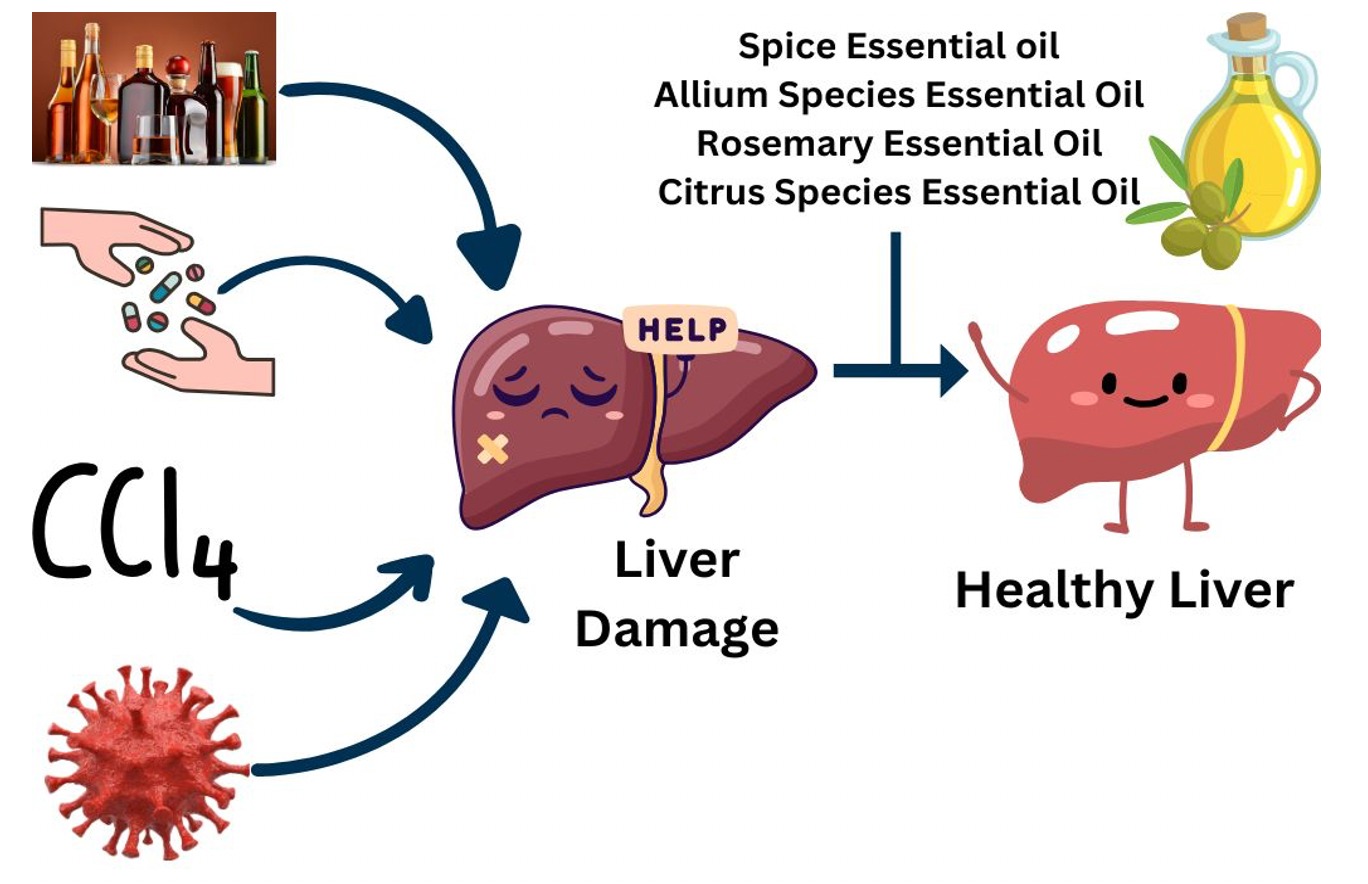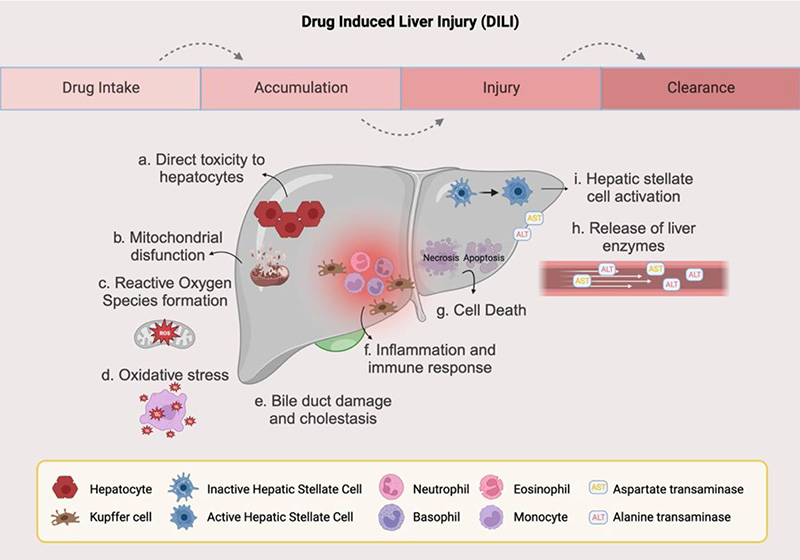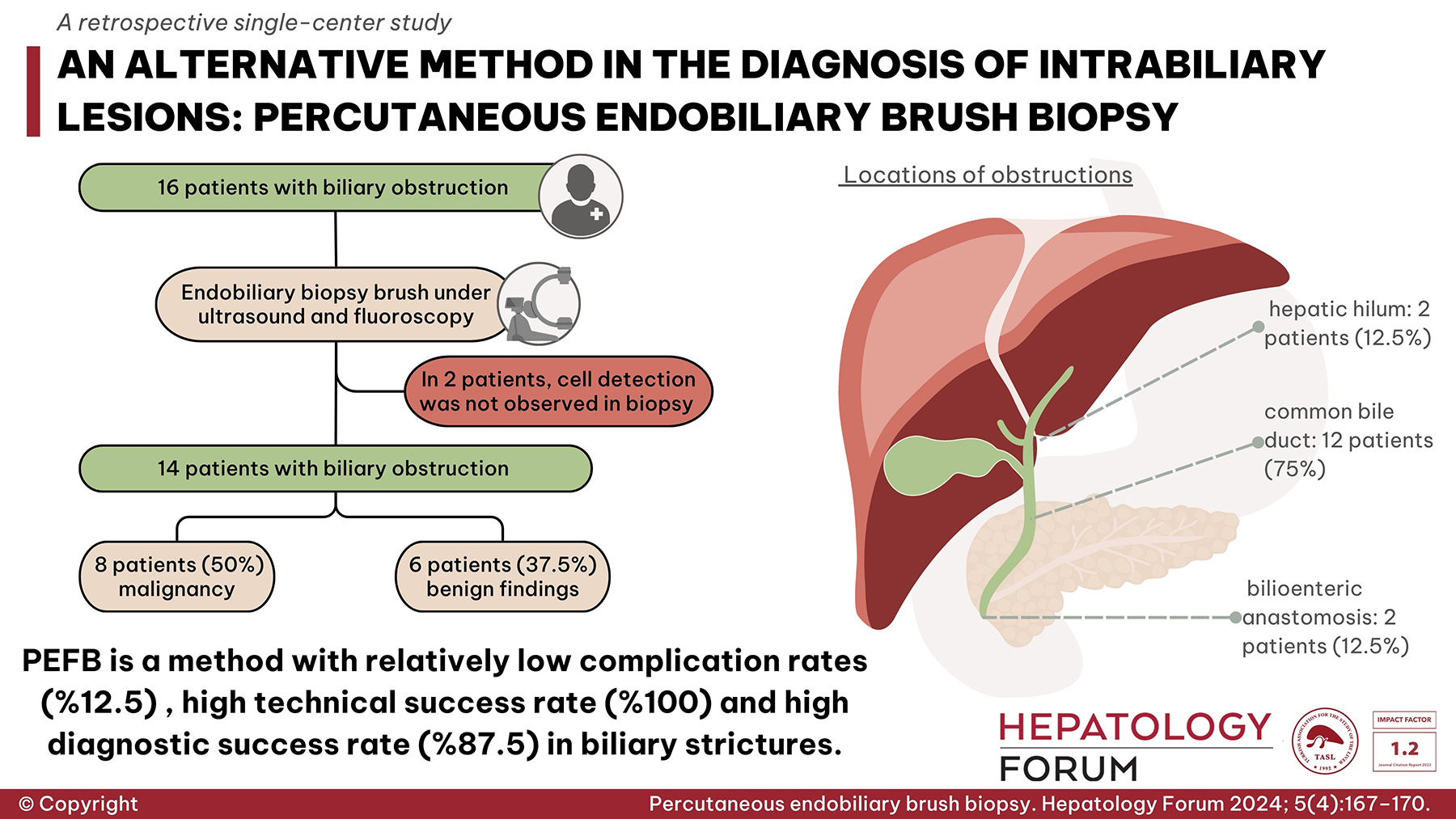2Department of Surgery, King Hussein Medical Centre, Amman, Jordan
3Department of Surgery, Soroka Medical Centre, Be’er Sheva, Israel
Abstract
The use of marginal grafts is very challenging and is associated with post-reperfusion syndrome and early allograft dysfunction. The out-comes of machine perfusion for the preservation of marginal grafts have been compared with that of static cold storage, with studies reporting a reduced risk of ischemic cholangiopathy and graft loss. We performed this systematic review and meta-analysis of randomized controlled trials (RCTs) comparing outcomes of machine perfusion of liver grafts to static cold storage (SCS) of liver grafts during liver transplantation. Two independent researchers thoroughly searched for literature in the following databases: PubMed (Medline), Cochrane Central Register of Controlled Studies (CENTRAL), clinical trial registry, ResearchGate, Google Scholar, and Scopus (ELSEVIER) databases (last search: November 2023). The search terms used were: “dynamic perfusion,” “normothermic perfusion,” “hypothermic perfusion,” “liver transplantation,” “static cold storage,” “NMP,” “HOPE,” “extended criteria grafts,” “marginal grafts,” “RCTs,” “randomized controlled trials,” “warm ischemia,” and “cold ischemia.” Eight RCTs published between 2019 and 2023 were included in the data synthesis and meta-analysis. The primary outcome considered was the overall incidence of early allograft dysfunction (EAD) between the two methods of graft perfusion after liver transplantation. The secondary outcome considered was the rate of retransplantation. Our meta-analysis revealed that SCS is associated with more EAD when compared with machine perfusion, with a p-value of <0.00001. We also found that the rate of retransplantation is higher among patients who received a liver preserved by SCS, with a p-value of 0.02. The use of machine perfusion in the preservation of liver grafts showed a significant reduction in early allograft dysfunction and retransplantation.





 Ibrahim Umar Garzali1
Ibrahim Umar Garzali1 









